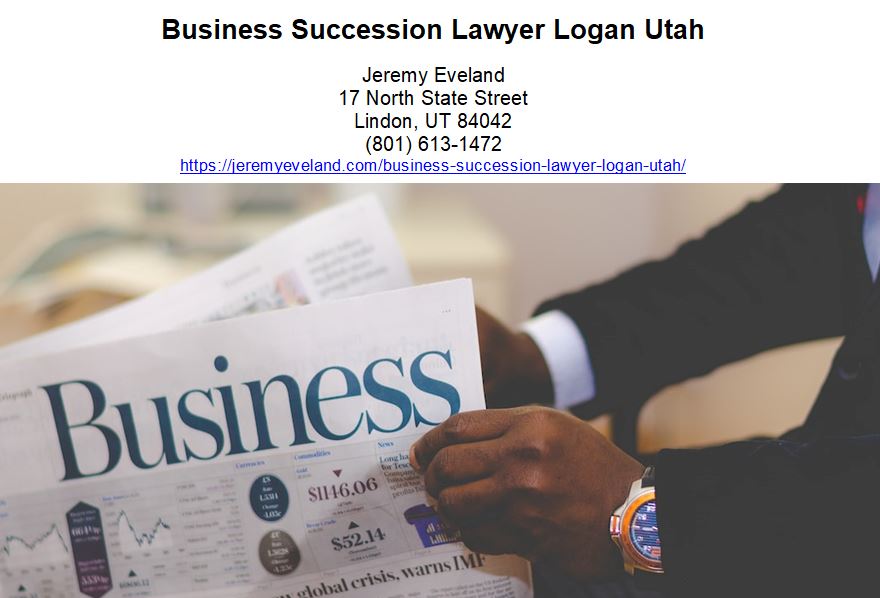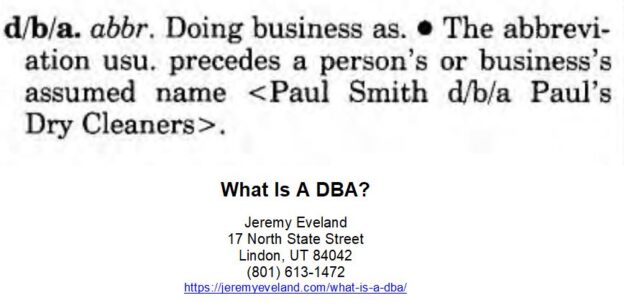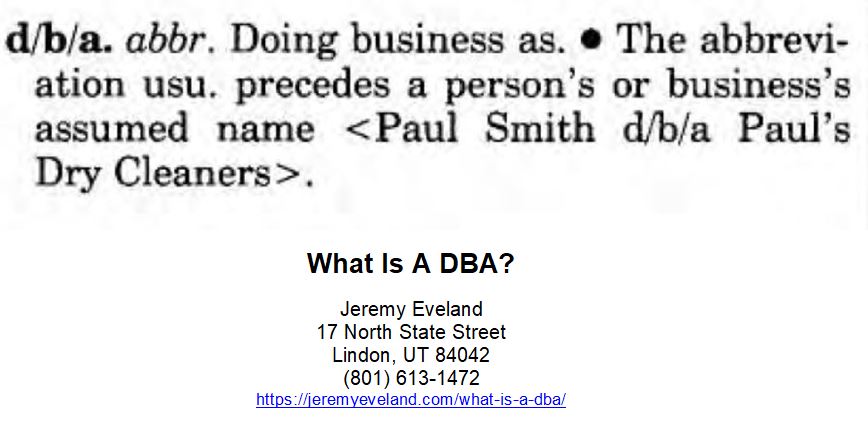Buy Sell Agreement
A Buy Sell Agreement, also known as a Buyout Agreement, is a legally binding contract that determines the rights and responsibilities of the parties involved in the sale and purchase of a business. In the state of Utah, a Buy Sell Agreement is an agreement between two or more persons that defines the rights and obligations of each party in the event of a sale of a business or its assets. This agreement typically outlines the terms of the sale, including the amount of the purchase price, payment terms, and any other conditions of the sale. Additionally, the agreement may also outline the parties’ rights and responsibilities in the event of a dispute or disagreement, as well as the procedures for resolving any conflicts. Usually, a business owner will sell their business assets, their good will, their customer lists, marketing lists, and intellectual property. Also included would be any real estate and other business equipment. A Buy Sell Agreement is under the categories of contract law and business law, but very specifically under business succession law.
The Buy Sell Agreement usually begins by outlining the parties involved in the sale and purchase of the business. This may include the seller and buyer, or the seller and its shareholders. The agreement then outlines the terms of the sale, including the amount of the purchase price, payment terms, and any other conditions of the sale. It may also establish the manner in which the sale will be completed, including the process for transferring the ownership of the business to the buyer.
The Buy Sell Agreement also determines the rights and responsibilities of the parties involved in the sale. For example, the agreement may specify that the seller is responsible for all liabilities associated with the business, and that the buyer is responsible for all debts. In addition, the agreement may require the seller to provide the buyer with financial statements and other documents related to the business prior to the sale.
The Buy Sell Agreement may outline the procedures for resolving any disputes that may arise during the sale. This may include providing the parties with access to mediation or arbitration services, or establishing a procedure for the parties to go to court in the event of a dispute.
A Buy Sell Agreement is a legally binding document that outlines the rights and responsibilities of the parties involved in the sale and purchase of a business. It is an important document that should be carefully reviewed and signed by all parties involved in order to ensure the smooth and successful transfer of ownership.
What Is Bought Or Sold In A Buy Sell Agreement?
A Buy-Sell Agreement for business owners is an important contract between the business owners, shareholders, and/or partners that outlines what will happen to the ownership of the business in the event of an owner’s death, disability, or retirement. This agreement forms an integral part of estate planning, as it helps to ensure that the business is passed on in an orderly manner and that the remaining owners are not put at a financial disadvantage. In contrast, an Asset Only Sale is the transfer of a business’s assets and liabilities from one owner or group to another without changing the ownership of the business itself.
In Utah, a Buy-Sell Agreement must meet several requirements. The agreement must be in writing and signed by all parties, and it must clearly state the purchase price and the method of payment. It must also provide for the assignment and transfer of the owner’s interest in the business to the other owners, or to an administrative agent appointed by the remaining owners. The agreement must also provide for the payment of the purchase price, the payment of any taxes due, and the payment of any insurance premiums due.
In addition, the Buy-Sell Agreement must provide for the transfer of ownership of the business in the event of the death or disability of an owner. In such cases, the remaining owners or the administrative agent will purchase the deceased or disabled owner’s interest for the previously agreed upon purchase price. The agreement must also provide for the transfer of ownership in the event of retirement or voluntary dissolution of the business.
The Buy-Sell Agreement may also provide for the purchase of the deceased or disabled owner’s interest by the remaining owners or the administrative agent. This is referred to as a Cross-Purchase Agreement. In this case, the remaining owners will purchase the deceased or disabled owner’s interest at a predetermined price, which is typically the market value of the interest or the fair market value of the business.
The Buy-Sell Agreement must provide for the payment of the purchase price to the deceased or disabled owner’s estate. In some cases, the purchase price may be paid in installments over a period of time, or it may be paid in a lump sum. In either case, the agreement must provide for the payment of taxes due on the transaction and any insurance premiums due.
A Buy-Sell Agreement is an important contract between business owners, shareholders, and/or partners that outlines what will happen to the ownership of the business in the event of an owner’s death, disability, or retirement. The agreement must be in writing and signed by all parties, and it must provide for the assignment and transfer of the owner’s interest in the business, the payment of the purchase price, the payment of any taxes due, and the payment of any insurance premiums due. In addition, the agreement may provide for the transfer of ownership in the event of retirement or voluntary dissolution of the business, and it must provide for the payment of the purchase price to the deceased or disabled owner’s estate.
Who is involved in the agreement
In a Buy Sell Agreement there are at least two (2) parties — a buyer and a seller. The Seller is the person or entity that is selling their business and transferring ownership of the business to the buyer. This may include the owner of the business, their investors, or any other entity that has an ownership stake in the business. The Seller is responsible for providing all the necessary documentation to transfer ownership of the business, including financial statements, contracts, and other legal agreements. The Buyer is the person or entity that is purchasing the business and will become the new owner. The Buyer is responsible for providing the necessary funds for the purchase and is also responsible for due diligence to ensure that the business is profitable and worth the purchase price. The Buyer may also be responsible for assuming any existing debts or liabilities of the business.
The Buy-Sell Agreement outlines the terms of the sale and provides guidance to both the Seller and Buyer. The agreement should include information such as the purchase price, payment terms, deadlines, and any other conditions related to the sale. It should also include any warranties or representations made by either party, as well as any restrictions or covenants that may be placed on the Buyer in order to protect the Seller’s interests.
The Buy-Sell Agreement should also address any contingencies that may arise during the sale process. For example, if there is a financing contingency, the agreement should specify the conditions under which the financing would be provided and the consequences if the financing does not materialize. This helps ensure that both parties are protected in the event of an unforeseen event. A Buy-Sell Agreement should also include a dispute resolution clause to allow for both parties to resolve any disagreements that may arise during the sale process. This clause should include a process for determining how and when any disputes should be resolved.
Payment Terms of Buy Sell Agreement
When it comes to a buy-sell agreement for a business sale, the payment terms will be a critical component to the success of the transaction. While the specifics of the payment terms will vary depending on the specific situation and the parties involved, there are a few common elements that are typically included.
The first step in the process is often a cash payment at closing. This is the amount that is due from the buyer to the seller at the time of the sale. This payment is typically made in the form of a cashier’s check, wire transfer, or other immediately available funds. Depending on the size of the business and the value of the assets being sold, this payment may be a significant amount of money.
In addition to the cash payment at closing, the buyer may also agree to make periodic payments to the seller over time. These payments are usually structured as a promissory note, with the buyer agreeing to pay a specified amount to the seller on a specified date. The payment schedule and amount will depend on the specifics of the transaction, but the buyer and seller should come to an agreement that is fair and beneficial to both parties.
Finally, the seller may also receive some form of equity in the business as part of the transaction. This could be in the form of stock or other securities in the company, or even a direct ownership stake in the business. This equity can provide the seller with some ongoing benefit even after the sale is complete.
In order to ensure that all parties are fully satisfied with the transaction, it is important that all of these elements are agreed upon in advance. This will help to ensure that the buyer and seller are in agreement regarding the payment terms and conditions, and that the transaction is completed in a timely and efficient manner.
What Terms And Conditions Need To Be Included In A Buy Sell Agreement?
These are some, but not all, of the terms you need to make sure are in your business buy sell agreement. The purchase price and payment terms should be detailed in the agreement. It should include the amount of money being exchanged, the payment method, and the date of payment. It should also clearly state who is responsible for paying any taxes or fees associated with the transaction.
The agreement should also outline any contingencies, or conditions, that must be met in order for the sale to go through. This could include a satisfactory inspection of the business, satisfactory criminal background checks, or satisfactory reviews of financial statements. The agreement should also state who is responsible for any legal fees or closing costs associated with the transaction.
The agreement should also outline any warranties or representations made by the seller regarding the business. This could include statements about the condition of the business, its financial performance, or any guarantees about future performance. The agreement should also outline any warranties or representations made by the buyer.
The agreement should specify what happens in the event of a dispute. This could include provisions for alternative dispute resolution, such as mediation or arbitration. The agreement should also outline the rights of the parties in the event of a breach of the agreement.
Finally, the agreement should include a clause stating that all of its terms and conditions are legally binding and enforceable. This is important to ensure that both parties are held accountable for their obligations under the agreement.
By including these terms and conditions in a buy sell agreement, both parties can be assured that their rights and obligations will be enforced in the event of a dispute or breach. It is important for both parties to carefully review the agreement prior to signing to make sure that all of the terms are clear and that they are in agreement with the terms of the sale.
Buy Sell Agreement Lawyer Consultation
When you need legal help from a business lawyer for a buy sell agreement, call Jeremy D. Eveland, MBA, JD (801) 613-1472 for a consultation.
Jeremy Eveland
17 North State Street
Lindon UT 84042
(801) 613-1472
Related Posts
Business Succession Lawyer Salt Lake City Utah
The Utah Uniform Partnership Act
The 10 Essential Elements of Business Succession Planning
Business Succession Lawyer Taylorsville Utah
Business Succession Lawyer South Jordan Utah
Business Succession Lawyer Lehi Utah
Business Succession Lawyer Millcreek Utah
Business Lawyer Salt Lake City Utah
Business Transaction Lawyer Salt Lake City Utah
Business Succession Lawyer Herriman Utah
What Are The Advantages Of Hiring A Business Lawyer?





























